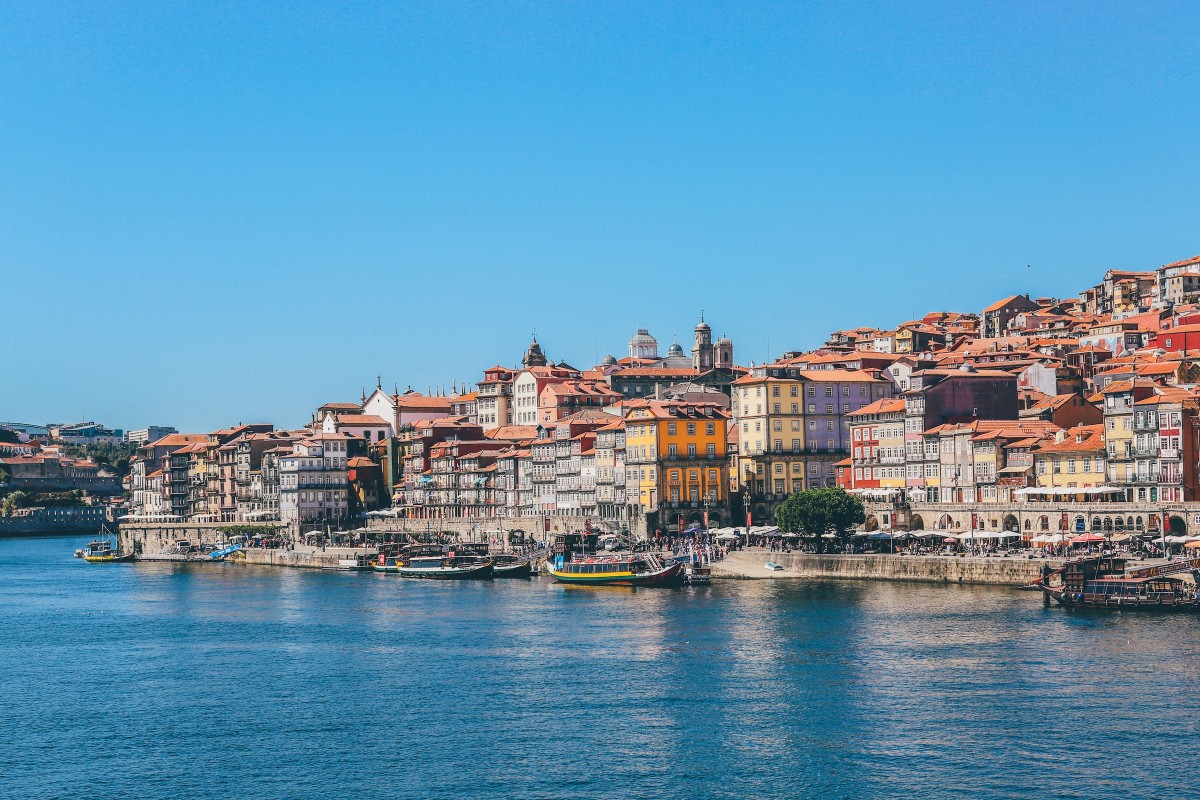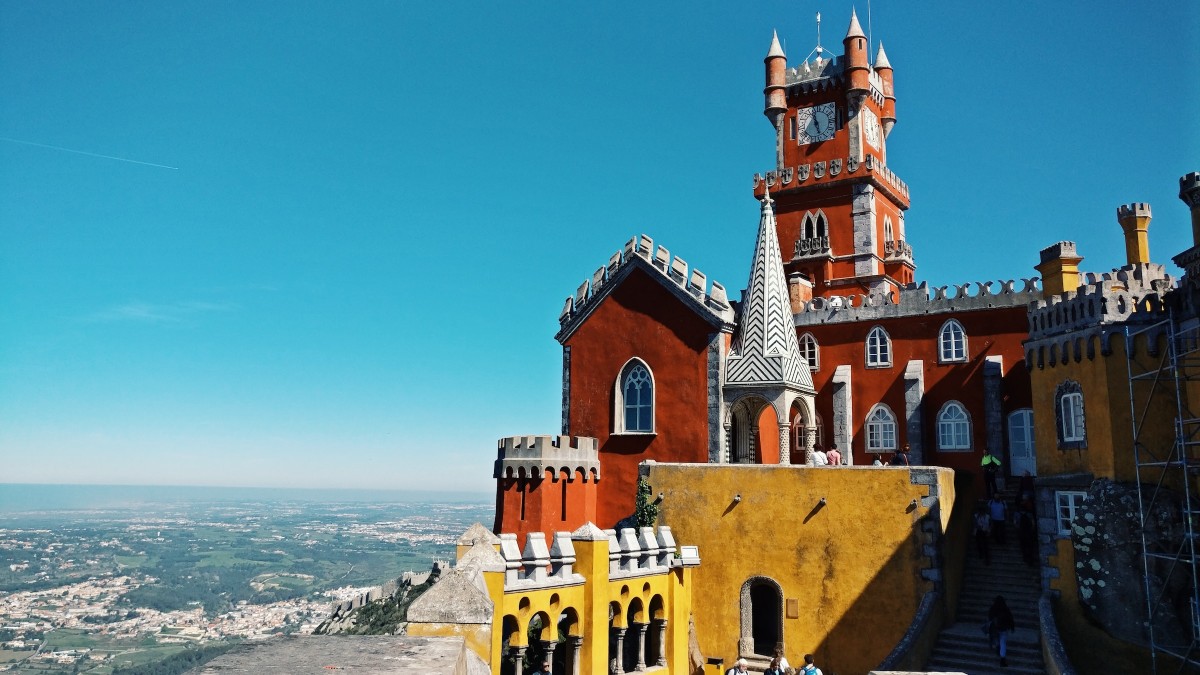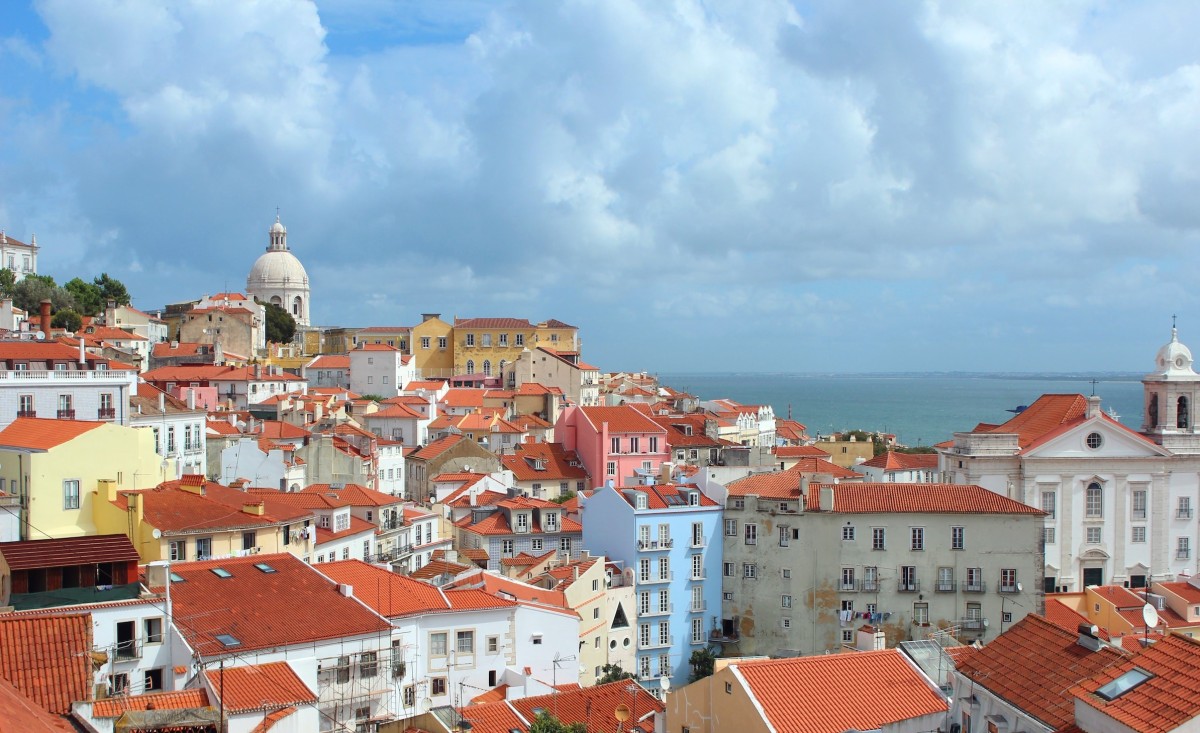
Living in Portugal has become a popular choice for many expats and travellers seeking a new life abroad. With its stunning coastline, rich history, and affordable cost of living, it's easy to see why so many people are drawn to this beautiful country. However, like any other destination, there are both pros and cons to consider before making the move. In this informative guide, we will explore the various aspects of life in Portugal, from the benefits of its climate and culture to the challenges of finding work and navigating the bureaucracy. By the end of this article, you will have a better understanding of what to expect when living in Portugal and be better equipped to make an informed decision about your potential new home.
Advantages of living in Portugal

One of the most attractive aspects of living in Portugal is undoubtedly its pleasant climate. With warm summers and mild winters, the country offers an ideal environment for those who enjoy outdoor activities and a more relaxed lifestyle. The picturesque landscapes, ranging from golden beaches to lush green mountains, provide countless opportunities for exploration and leisure. Furthermore, Portugal's rich cultural heritage, with its historic cities, ancient castles, and charming villages, adds a unique charm to everyday life.
Another significant advantage of living in Portugal is the affordable cost of living. Compared to many other European countries, Portugal offers a lower cost of living, including lower housing prices, utility costs, and transportation expenses. This affordability extends to dining out and entertainment options, making it possible to enjoy a high quality of life without breaking the bank. In addition, Portugal boasts an excellent healthcare system, which is both accessible and affordable for residents.
When it comes to social aspects, Portugal is known for its friendly and welcoming people. The Portuguese are generally warm and hospitable, making it easy for newcomers to feel at home and integrate into local communities. Moreover, English is widely spoken, especially in urban areas and among younger generations, which can ease the transition for those who are not fluent in Portuguese.
Lastly, Portugal offers a range of residency and visa options for expats, including the popular Golden Visa programme, which allows non-EU citizens to obtain residency through investment in the country, although this scheme is soon coming to an end in Portugal. This, along with the Non-Habitual Resident (NHR) tax regime and digital nomad visas, makes Portugal an attractive destination for retirees, remote workers, and investors alike.
Disadvantages of living in Portugal
While there are many advantages to living in Portugal, it's essential to consider the potential disadvantages as well. One of the main challenges expats face is the language barrier. Although English is widely spoken in tourist areas, it may be more difficult to communicate in smaller towns and rural areas. Learning Portuguese will be necessary for navigating day-to-day life and integrating into the local community.
Another aspect to consider is the job market. While Portugal has made significant strides in economic growth in recent years, the job market can still be competitive, particularly for expats. Salaries are generally lower than in other Western European countries, and finding a job may be more challenging without fluency in Portuguese or connections in the local industry. Additionally, the bureaucracy in Portugal can be complex and time-consuming, which may cause frustration when dealing with tasks such as obtaining residency permits or registering a business.
It's also worth noting that Portugal's infrastructure can be lacking in some areas, especially outside major cities. Public transportation may be limited, and the quality of roads and other facilities can vary. This may necessitate owning a car or relying on alternative means of transport. Lastly, while the cost of living is relatively low, some expats may find the healthcare system to be different from what they are used to. Although the public healthcare system is generally of high quality, wait times can be long, and some may prefer to opt for private healthcare instead.
Cost of living and comfort in Portugal

One of the most appealing aspects of living in Portugal is the affordable cost of living. Compared to other Western European countries, Portugal offers a lower cost of living, making it an attractive option for those seeking a comfortable lifestyle without breaking the bank. Housing, groceries, and transportation costs are generally lower than in neighbouring countries, allowing expats to enjoy a better quality of life for less.
However, it's essential to consider that the average salary in Portugal is also lower than in most Western European nations. This means that while the cost of living may be more affordable, your earning potential might be reduced. It's crucial to research job opportunities and salary expectations in your field before making the move. Additionally, the quality of public services, such as healthcare and education, may vary depending on the region. Some areas may have excellent facilities, while others might require you to seek private options for a higher standard of care.
Despite these considerations, many expats find that the comfort and quality of life in Portugal are well worth the trade-offs. The country boasts a relaxed pace of life, with a strong emphasis on enjoying leisure time and socialising with friends and family. The climate is also a significant draw, with mild winters and long, sunny summers that encourage outdoor activities and al fresco dining. Furthermore, Portugal's rich history and diverse cultural influences provide a fascinating backdrop for daily life, with plenty of opportunities to explore and immerse yourself in the local customs and traditions.
Life in Portugal for expats and foreigners
One of the main attractions for expats and foreigners considering a move to Portugal is the welcoming and friendly nature of the Portuguese people. The local communities are known for their openness to new cultures and their willingness to help newcomers integrate into the society. This makes it relatively easy for expats to build a social network and establish a sense of belonging in their new home.
However, it is important to be aware that the language barrier can be a challenge for some expats, especially in more rural areas where English may not be as widely spoken. Learning Portuguese can be essential for fully immersing yourself in the local culture and accessing essential services such as healthcare and education. On the other hand, in larger cities like Lisbon and Porto, you will find a more international environment with a higher number of English-speaking residents and businesses catering to the expat community.
As mentioned, another aspect to consider is the job market in Portugal. While the country offers various opportunities for skilled professionals, particularly in sectors such as technology, tourism, and renewable energy, finding a job can be competitive. It is crucial to research the local job market and understand the requirements for work permits and visas before making the move. Networking and building connections with local professionals can also be beneficial in securing employment.
Lastly, it is worth noting that Portugal has a high-quality healthcare system that is accessible to both locals and expats. The country offers a mix of public and private healthcare options, with many foreign residents opting for private insurance to ensure quicker access to specialist care. Additionally, Portugal's education system is well-regarded, with a range of international schools available for expat families, although fees can be quite high.
Popular cities and regions: pros and cons

Portugal is a diverse country with a variety of cities and regions to choose from when considering relocation. Each area offers its own unique blend of lifestyle, culture, and attractions, making it essential to weigh the pros and cons of each location to find the perfect fit for your needs.
Lisbon, the capital city, is a vibrant and bustling hub of activity, offering a rich cultural scene, excellent public transportation, and a wide range of job opportunities. However, the cost of living can be higher than in other areas, and traffic congestion may be an issue for those who prefer a more relaxed pace of life.
The Algarve region is famous for its stunning beaches, warm climate, and picturesque towns. It is a popular destination for expats and retirees, providing a laid-back lifestyle and a welcoming community. On the downside, the influx of tourists during peak season can lead to overcrowding, and job opportunities may be limited to tourism-related industries.
Porto, Portugal's second-largest city, is known for its historic charm, vibrant arts scene, and world-renowned wine industry. The cost of living is generally lower than in Lisbon, but job opportunities may be scarcer, and the climate tends to be cooler and wetter.
For those seeking a more rural experience, the central and northern regions of Portugal offer a slower pace of life, lower living costs, and stunning natural landscapes. However, these areas may have fewer job opportunities and amenities, and expats may find it more challenging to integrate into the local community.
Ultimately, the choice of location will depend on your personal preferences, priorities, and lifestyle requirements. By carefully considering the pros and cons of each city and region, you can make an informed decision about the best place to call home in Portugal.
After examining the various aspects of life in Portugal, it is clear that this country offers a unique and appealing mix of benefits and challenges for those considering a move. The affordable cost of living, pleasant climate, and rich culture are just a few of the many advantages that attract expats and foreigners. However, it is also important to weigh the potential drawbacks, such as the language barrier, bureaucracy, and job market, before making a decision.
Ultimately, the choice to live in Portugal will depend on your individual priorities, preferences, and circumstances. By carefully considering the pros and cons outlined in this article, you can make an informed decision about whether this captivating country is the right fit for you and your future.